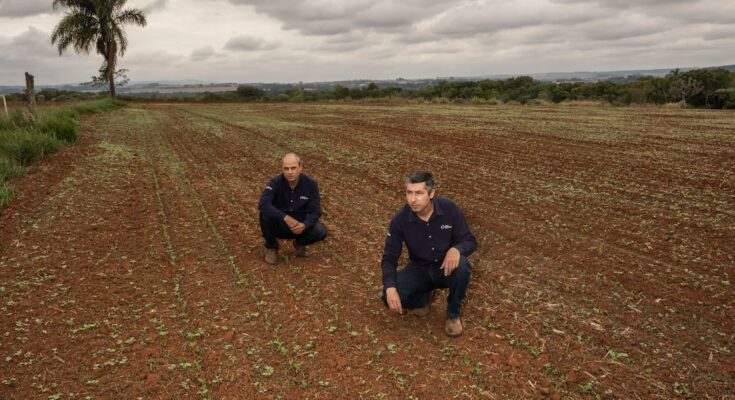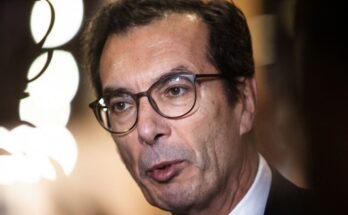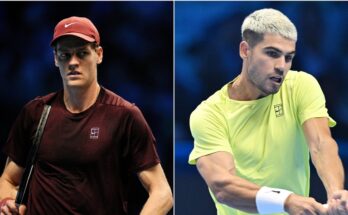“It doesn’t make sense to us to plant soybeans to fatten pigs in China.” This bon mot, an allusion to the grain monoculture of which Brazil has become the world’s largest producer, elicited a sly smile from the director of the Lagoa do Sino campus, Alberto Carmassi. And for good reason: this agronomy school located about 270 km from São Paulo claims to be the center of the “transformation” of Brazilian agriculture, which relies heavily on pesticides, water and soil. We are southwest of Paulista, at the intersection of two ecosystems threatened by this model, the Atlantic forest and the Cerrado savanna. Eucalyptus or coffee monocultures stretch as far as the eye can see.
The kind of landscape you won’t see on a regenerative farm, the model is tested on campus. “This is the future,” prophesied Alberto Carmassi, who described his experience, baptized “tropical transition” Thursday on the sidelines of COP 30 in Belém, at the Agrizone pavilion, on the premises of the Brazilian Agricultural Research Society, Embrapa. Restore soil health and



